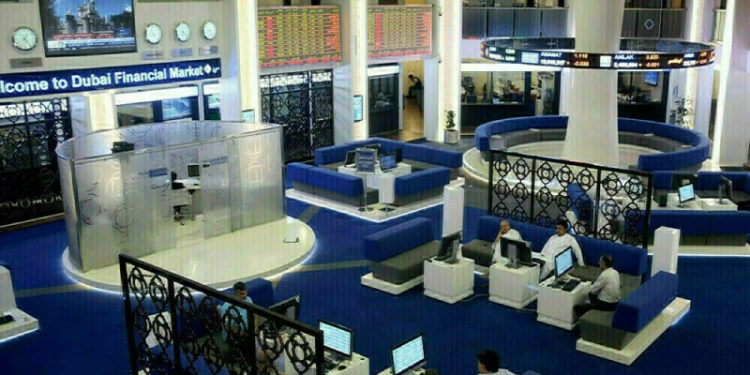 © Reuters. Peters Putnins, Latvia’s chairman of the Financial and Capital Market Commission, speaks during an interview in Riga
© Reuters. Peters Putnins, Latvia’s chairman of the Financial and Capital Market Commission, speaks during an interview in RigaBy John O’Donnell and Gederts Gelzis
RIGA (Reuters) – Some Latvian banks serving foreign clients may have to merge or be liquidated if their business model proves unworkable, the head of the country’s financial regulator told Reuters.
Modeled as a financial bridge between Russia and the west, Latvia hosts more than ten banks taking deposits from customers in Russia, Ukraine and other neighboring former Soviet states.
The warning from Peters Putnins, who heads the Financial and Capital Market Commission, comes as ABLV, Latvia’s third-largest bank, prepares to close after it was singled out by U.S. authorities for money laundering, something ABLV denies.
Putnins did not say another bank closure was imminent, however, emphasizing that the Baltic state’s financial system remained stable despite customers recently withdrawing approximately 500 million euros ($620 million) of deposits.
Last month, U.S. authorities accused ABLV, the biggest such bank, of breaching U.S. sanctions, effectively freezing it out of U.S dollar markets, a central plank of its business.
Other Latvian banks with a similar model have also been having such difficulties, executives told Reuters.
Putnins acknowledged the problem and said around ten banks serving foreign clients would have to change their businesses.
“If you ask me on the viability of the existing business model, of course this is not viable any more,” he said
“They can change their business model, if they are able to. They can merge. They can liquidate themselves, which is a solution … if they do not see a future for their enterprises,” he told Reuters in an interview on Wednesday.
Customers of Latvian banks had withdrawn roughly 500 million euros of deposits in the weeks since ABLV was accused of money laundering, Putnins said.
“The current figure is 19 billion in total deposit base,” he said. “It has changed, I would guess, half a billion or something like that.”
He said such banks are stable, but that they should nevertheless stand ready to make larger payouts to customers.
“There is nothing to stabilize, since there was no destabilization,” he said. “Banks have to be ready under these circumstances for larger payouts.”
($1 = 0.8058 euros)
Fusion Media or anyone involved with Fusion Media will not accept any liability for loss or damage as a result of reliance on the information including data, quotes, charts and buy/sell signals contained within this website. Please be fully informed regarding the risks and costs associated with trading the financial markets, it is one of the riskiest investment forms possible.
Source: Investing.com






























